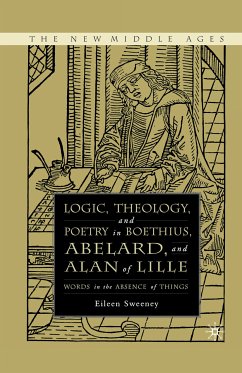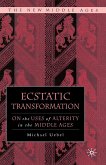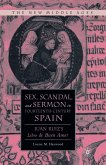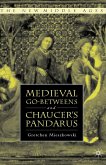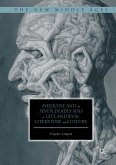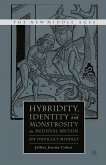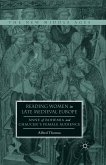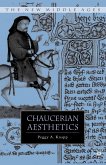Dieser Download kann aus rechtlichen Gründen nur mit Rechnungsadresse in A, B, BG, CY, CZ, D, DK, EW, E, FIN, F, GR, HR, H, IRL, I, LT, L, LR, M, NL, PL, P, R, S, SLO, SK ausgeliefert werden.
'Sweeney, with a specialist's attention and a philosopher's vision, shows how Boethius' logical commentaries, theological tractates and Consolationes set the model for Abelard's logical and theological works, his poetry, autobiography and letters, and Alan of Lille's theological disputations, axioms, dictionary and allegories. Boethius and his twelfth-century imitators take seriously pagan authors and the reality they seek to describe through poetry and philosophy. Sweeney shows how in all their varied genres of writing there is for Boethius, Abelard and Alan of Lille a unified goal, an ultimate project: union with God.' Stephen Brown, Boston College
'Sweeney's approach to medieval philosophy and theology is very illuminating. Medieval logic, theology and poetry are usually studied by experts in different disciplines. Sweeney brings the interconnections and interdependencies of philosophy of language, reflection on theological language and use of narrative language in poetry into focus. She shows convincingly that in the works of Boethius, Abelard and Alain de Lille all three kinds of writing complement each other.' Dr. Klaus Jacobi, Universität Freiburg, Germany

